Math U See
Math-U-See was created by Steve Demme, a former math teacher and curriculum consultant with a passion for helping students learn math in a comprehensive and accessible way. Demme developed Math-U-See to address the challenges he observed students facing with traditional math education methods. His unique approach focuses on a mastery-based, student-paced curriculum that uses manipulatives to enhance learning. The program has grown significantly, impacting students across various educational settings, underscoring its effectiveness and appeal.
Differentiation: What Makes Math-U-See Special
Math-U-See stands out due to its structured yet flexible approach to math education, which is built around its proprietary set of manipulatives. These tools are integral to the curriculum and help students visualize and understand mathematical concepts from a fundamental level. The program emphasizes mastery before moving to new topics, ensuring a solid foundation is laid. This approach is ideal for homeschoolers as it allows for customization to the individual student's pace and needs (Math-U-See) (Demme Learning).
How to Get Started
To begin with Math-U-See, parents and educators are advised to assess their child's current math level using the placement tools provided on the Math-U-See website. This ensures students start at the correct level of instruction, preventing gaps in knowledge and reducing frustration. The program's structured nature, combined with its resources for educators, makes starting straightforward and stress-free (Math-U-See) (Demme Learning).
How It Works
Math-U-See employs a systematic approach where each new concept builds on those previously mastered. Lessons include a blend of video instruction, hands-on manipulative use, and practice worksheets. The curriculum recommends consistent, short daily sessions that focus on understanding rather than rote memorization, catering to the homeschooler’s need for flexible scheduling (Zook Tutoring) (Demme Learning).
Educational Subjects Included
Numbers and Operations
Algebra
Geometry
Fractions
Decimals and Percents
Problem Solving
Data Analysis and Probability
Calculus (for advanced students)
What’s Good About It
Users praise Math-U-See for its clarity and the depth of understanding it promotes. The manipulatives are particularly popular, making abstract concepts tangible, which is especially beneficial for younger students or those who struggle with traditional learning methods. The curriculum's adaptability to different learning speeds and the comprehensive support materials available are also highly valued (Math-U-See) (Demme Learning).
What Could Be Improved
While Math-U-See is highly regarded, some users feel that the curriculum could benefit from updated digital tools and more diverse problem sets to better challenge advanced students. Additionally, while the videos are helpful, they are sometimes considered too lengthy for younger students with shorter attention spans (Math-U-See) (Demme Learning).
Advice from Parents
Parents recommend taking full advantage of the placement tests to ensure a good fit for each child's skill level. They also suggest supplementing the curriculum with real-world math applications to keep lessons engaging and relevant. Staying consistent with daily practice is advised to reinforce learning and mastery of concepts (Math-U-See) (Demme Learning).
Ideal Fit
Math-U-See is ideal for students who benefit from a visual and tactile approach to learning, particularly those who need to see and manipulate materials to understand abstract concepts. It's suitable for a range of learning paces, making it a good choice for students who may need more time to master mathematical concepts (Math-U-See) (Demme Learning).
Probably Not a Fit For
Students who thrive in a less structured, more exploratory learning environment may find Math-U-See too rigid. Additionally, those who prefer learning through technology or digital media might find the physical manipulatives and DVD-based lessons outdated (Math-U-See) (Demme Learning).
Grades
Math-U-See is designed to cater to students from kindergarten through high school (K-12).
Cost
The program's cost varies depending on the level and materials required, typically ranging from $40 to $150 per level.
Ways to Get It
Math-U-See products can be purchased directly from the Math-U-See website, through various educational retailers, and secondhand from other homeschooling families looking to sell or swap materials.
Math-U-See was created by Steve Demme, a former math teacher and curriculum consultant with a passion for helping students learn math in a comprehensive and accessible way. Demme developed Math-U-See to address the challenges he observed students facing with traditional math education methods. His unique approach focuses on a mastery-based, student-paced curriculum that uses manipulatives to enhance learning. The program has grown significantly, impacting students across various educational settings, underscoring its effectiveness and appeal.
Differentiation: What Makes Math-U-See Special
Math-U-See stands out due to its structured yet flexible approach to math education, which is built around its proprietary set of manipulatives. These tools are integral to the curriculum and help students visualize and understand mathematical concepts from a fundamental level. The program emphasizes mastery before moving to new topics, ensuring a solid foundation is laid. This approach is ideal for homeschoolers as it allows for customization to the individual student's pace and needs (Math-U-See) (Demme Learning).
Why Math-U-See and Special Needs
Math-U-See's unique design and approach make it particularly beneficial for students with special needs. Here's how it supports various special needs:
Autism Spectrum Disorder (ASD):
Structured Learning: Math-U-See provides a consistent and predictable structure, which is crucial for students with ASD who thrive on routine and clear expectations.
Visual and Tactile Learning: The use of manipulatives helps autistic learners who often excel with visual and hands-on learning methods. The visual representation of math concepts can make abstract ideas more concrete and understandable (Demme Learning) (Demme Learning).
Attention Deficit Hyperactivity Disorder (ADHD):
Engaging Materials: The hands-on approach using manipulatives can keep students with ADHD engaged, reducing the likelihood of distraction.
Short, Focused Lessons: Math-U-See’s lessons are designed to be concise, helping maintain the attention span of learners with ADHD. The curriculum’s flexibility allows for breaks as needed (Zook Tutoring).
Dyslexia:
Multisensory Approach: Math-U-See’s emphasis on “Build, Write, Say” integrates multiple senses, aiding students with dyslexia by reinforcing learning through various modalities. This method helps bridge the gap between understanding and retention (Math-U-See).
Clear, Simple Instructions: The curriculum’s straightforward instructions and the use of manipulatives reduce the cognitive load on students, making it easier for those with dyslexia to grasp math concepts without being overwhelmed by complex text (Zook Tutoring).
Dyscalculia:
Concrete Representation of Abstract Concepts: For students with dyscalculia, manipulatives provide a way to visualize and physically interact with mathematical concepts, which can significantly improve understanding and retention.
Mastery-Based Progression: Math-U-See ensures that students achieve a solid grasp of one concept before moving on to the next, which is crucial for learners with dyscalculia who may need more time and practice to master mathematical skills (Demme Learning).
How to Get Started
To begin with Math-U-See, parents and educators are advised to assess their child's current math level using the placement tools provided on the Math-U-See website. This ensures students start at the correct level of instruction, preventing gaps in knowledge and reducing frustration. The program's structured nature, combined with its resources for educators, makes starting straightforward and stress-free (Math-U-See) (Demme Learning).
How It Works
Math-U-See employs a systematic approach where each new concept builds on those previously mastered. Lessons include a blend of video instruction, hands-on manipulative use, and practice worksheets. The curriculum recommends consistent, short daily sessions that focus on understanding rather than rote memorization, catering to the homeschooler’s need for flexible scheduling (Zook Tutoring) (Demme Learning).
Educational Subjects Included
Numbers and Operations
Algebra
Geometry
Fractions
Decimals and Percents
Problem Solving
Data Analysis and Probability
Calculus (for advanced students)
What’s Good About It
Users praise Math-U-See for its clarity and the depth of understanding it promotes. The manipulatives are particularly popular, making abstract concepts tangible, which is especially beneficial for younger students or those who struggle with traditional learning methods. The curriculum's adaptability to different learning speeds and the comprehensive support materials available are also highly valued (Math-U-See) (Demme Learning).
What Could Be Improved
While Math-U-See is highly regarded, some users feel that the curriculum could benefit from updated digital tools and more diverse problem sets to better challenge advanced students. Additionally, while the videos are helpful, they are sometimes considered too lengthy for younger students with shorter attention spans (Math-U-See) (Demme Learning).
Advice from Parents
Parents recommend taking full advantage of the placement tests to ensure a good fit for each child's skill level. They also suggest supplementing the curriculum with real-world math applications to keep lessons engaging and relevant. Staying consistent with daily practice is advised to reinforce learning and mastery of concepts (Math-U-See) (Demme Learning).
Ideal Fit
Math-U-See is ideal for students who benefit from a visual and tactile approach to learning, particularly those who need to see and manipulate materials to understand abstract concepts. It's suitable for a range of learning paces, making it a good choice for students who may need more time to master mathematical concepts (Math-U-See) (Demme Learning).
Probably Not a Fit For
Students who thrive in a less structured, more exploratory learning environment may find Math-U-See too rigid. Additionally, those who prefer learning through technology or digital media might find the physical manipulatives and DVD-based lessons outdated (Math-U-See) (Demme Learning).
Grades
Math-U-See is designed to cater to students from kindergarten through high school (K-12).
Cost
The program's cost varies depending on the level and materials required, typically ranging from $40 to $150 per level.
Ways to Get It
Math-U-See products can be purchased directly from the Math-U-See website, through various educational retailers, and secondhand from other homeschooling families looking to sell or swap materials.
Affiliate Disclaimer: Some links on our site are affiliate links, which means Modulo may earn a small commission if you purchase through them (at no cost to you). Rest assured, we only recommend resources we’ve rigorously vetted and truly love—affiliate link or not. Thank you so much for supporting our work!

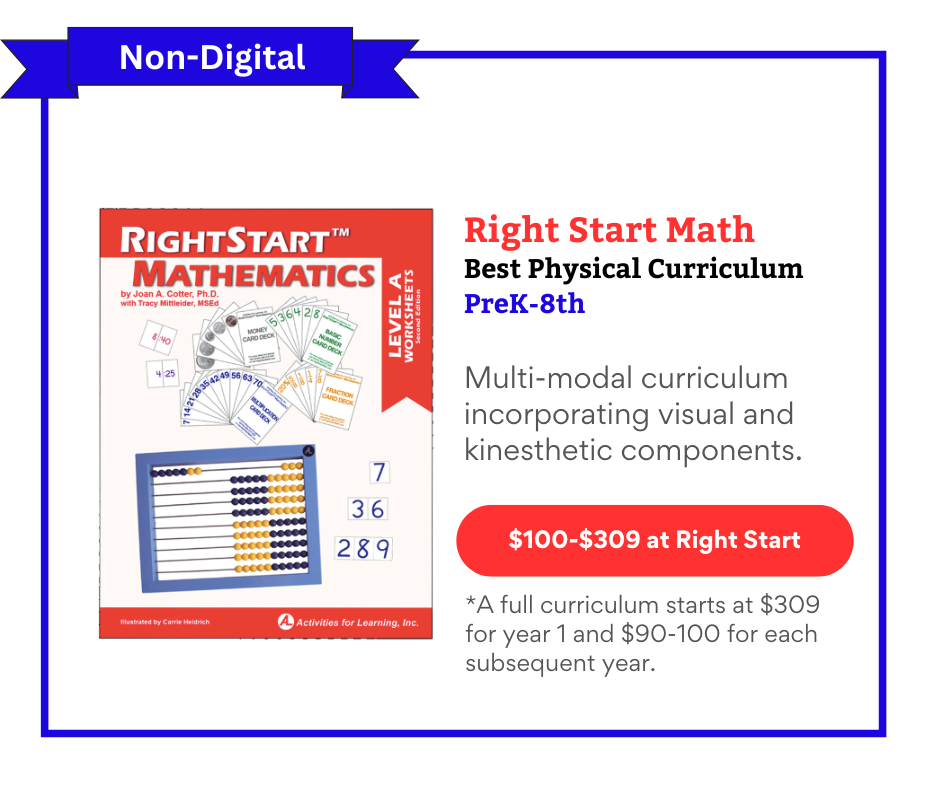

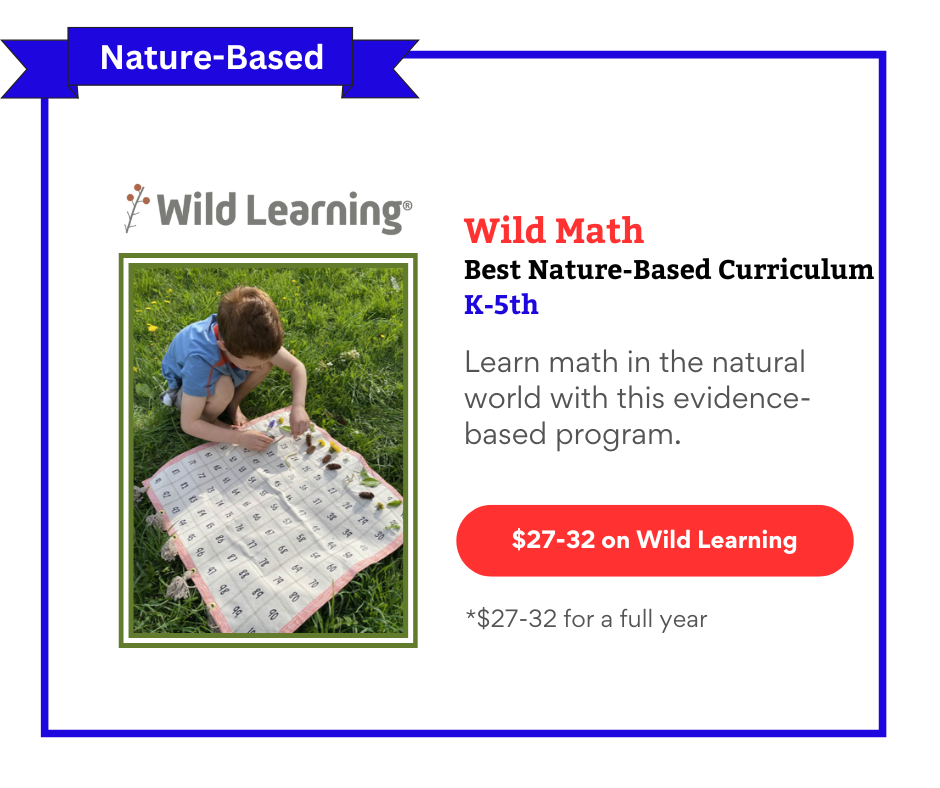
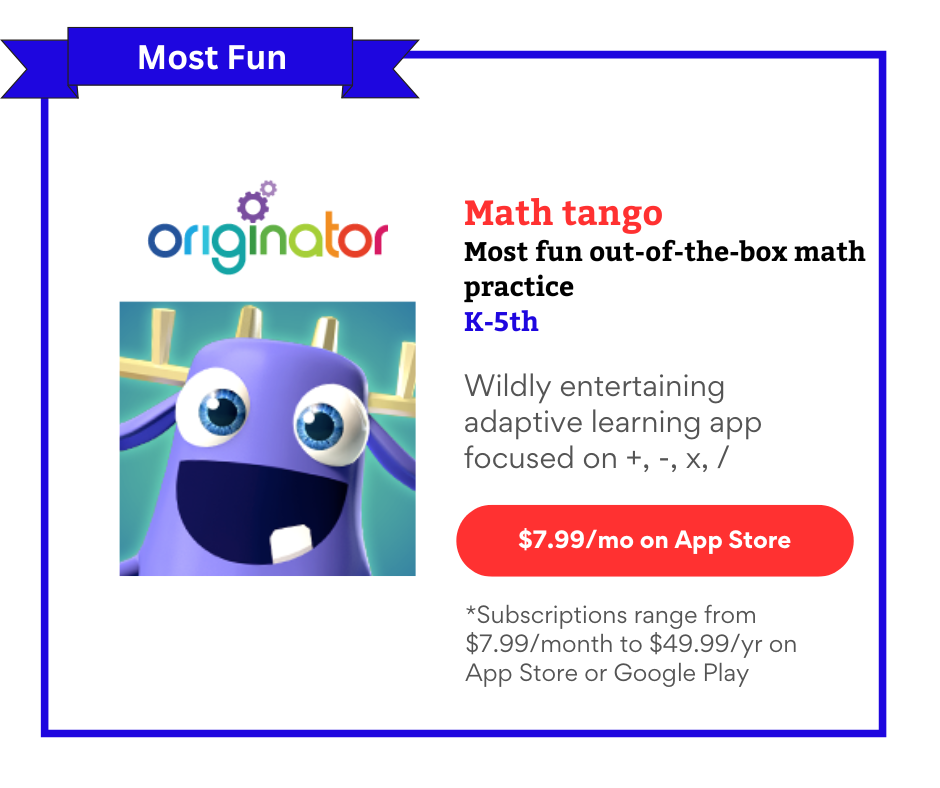
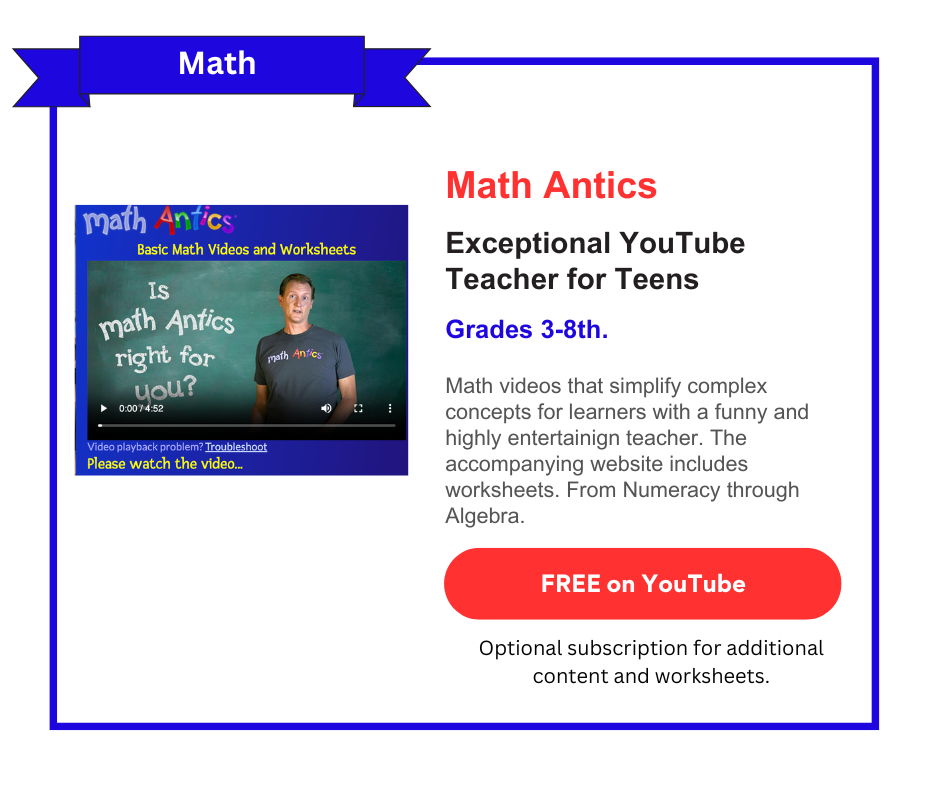
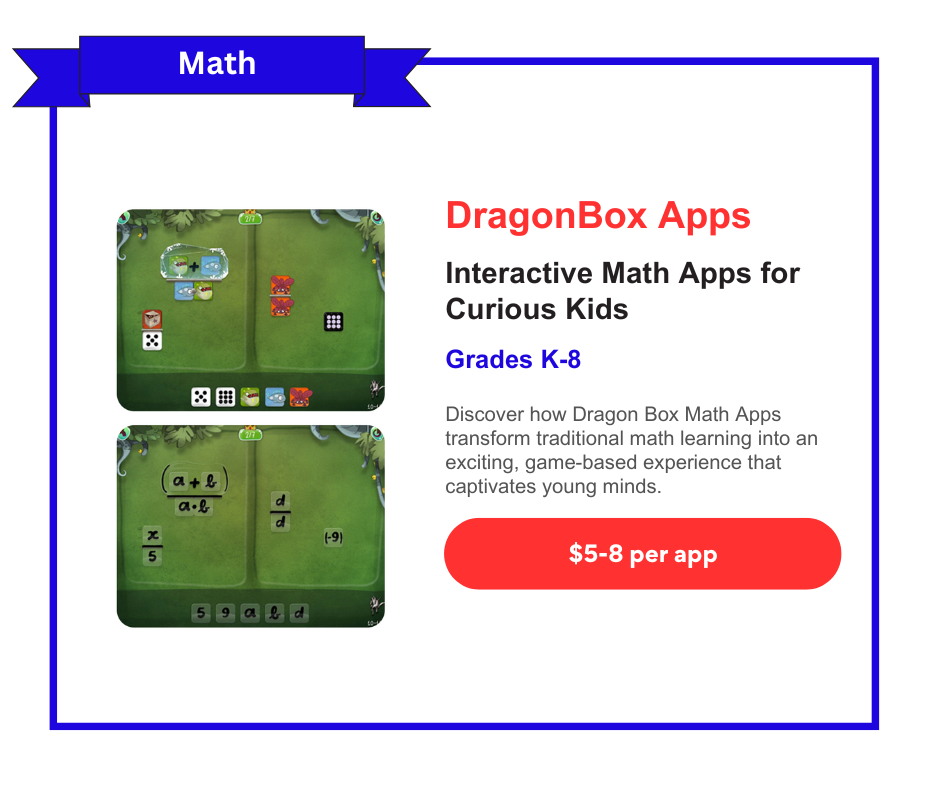
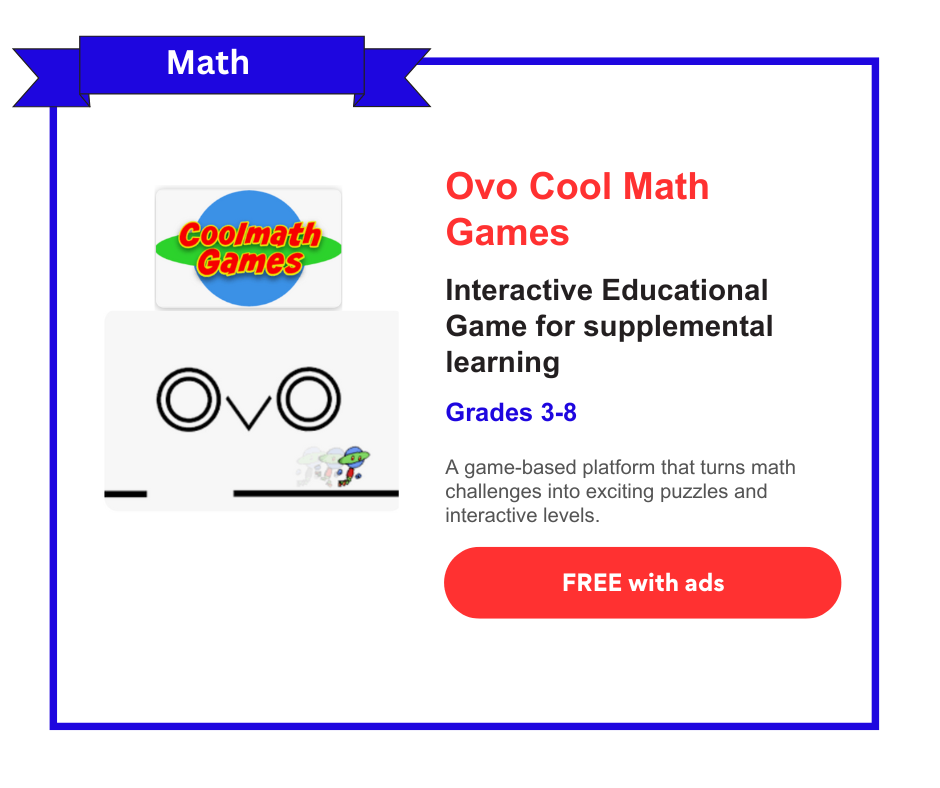
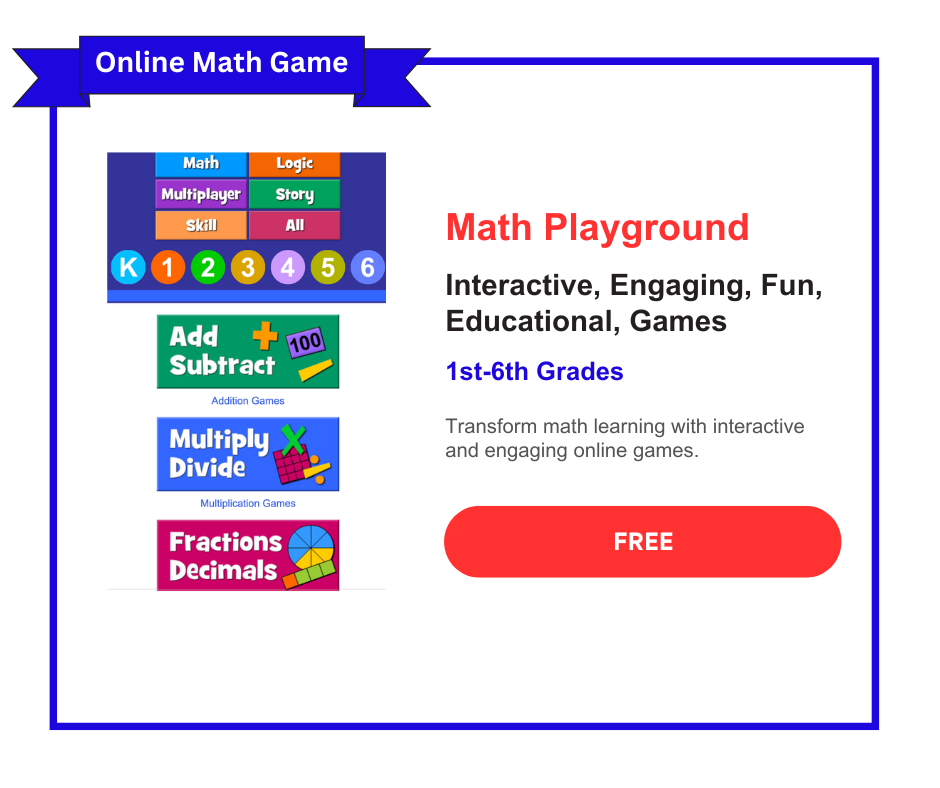

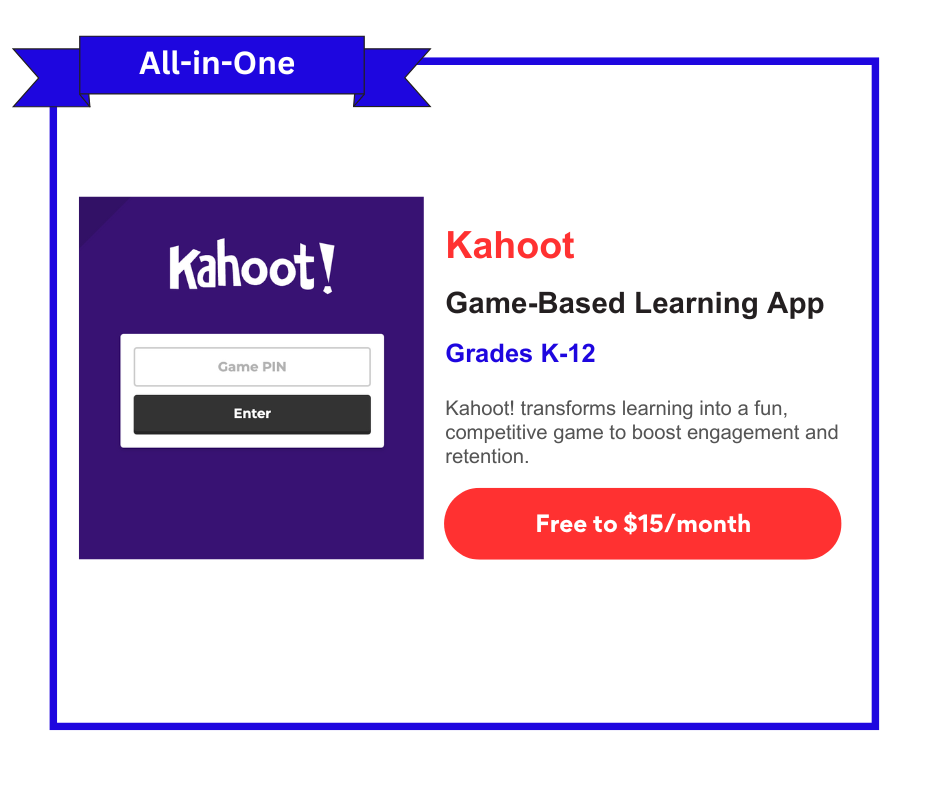
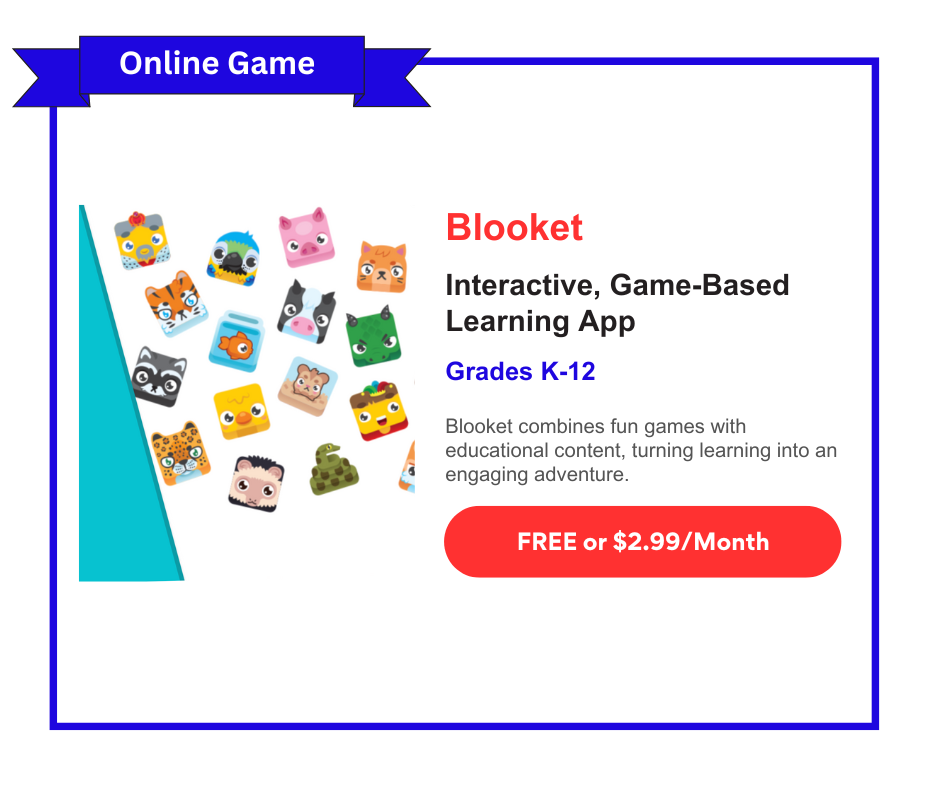
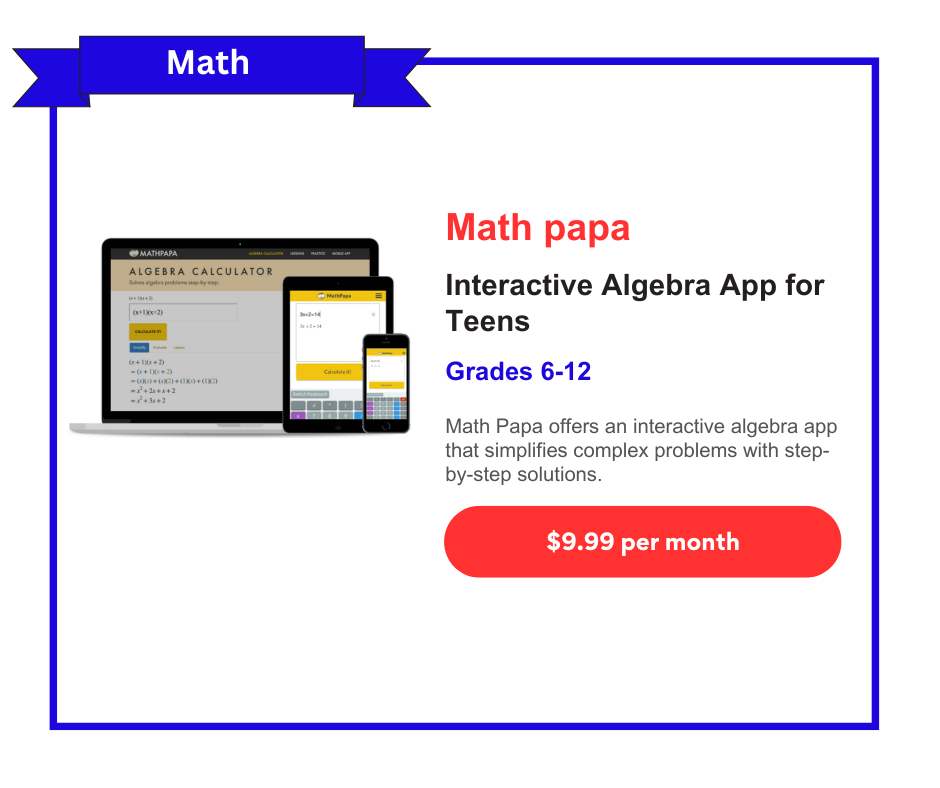
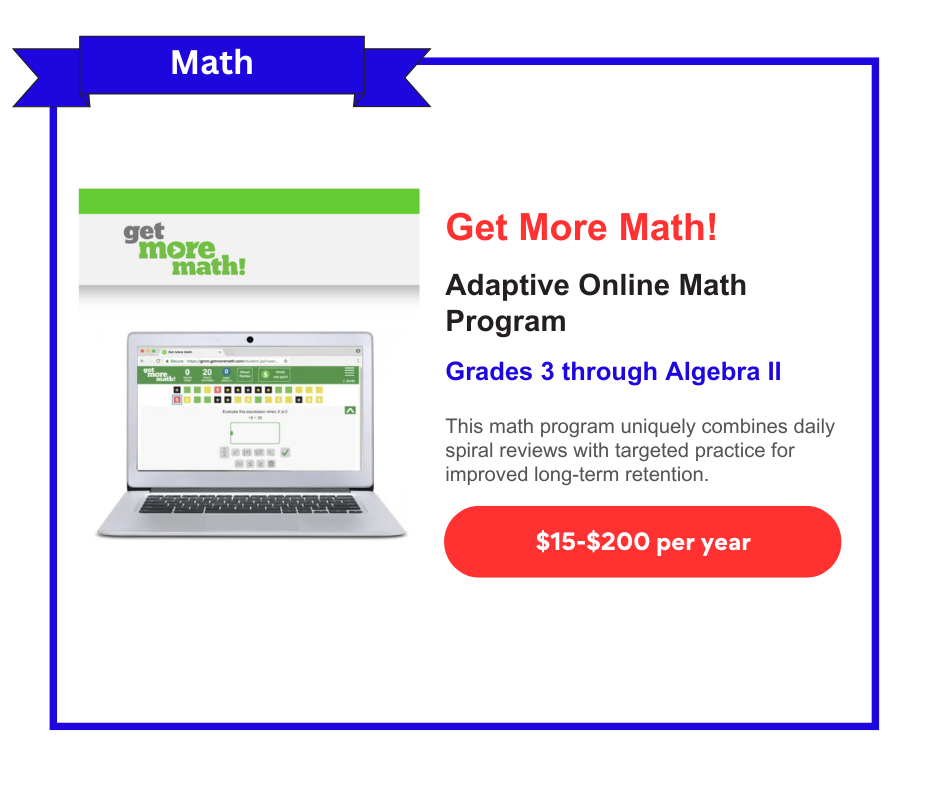
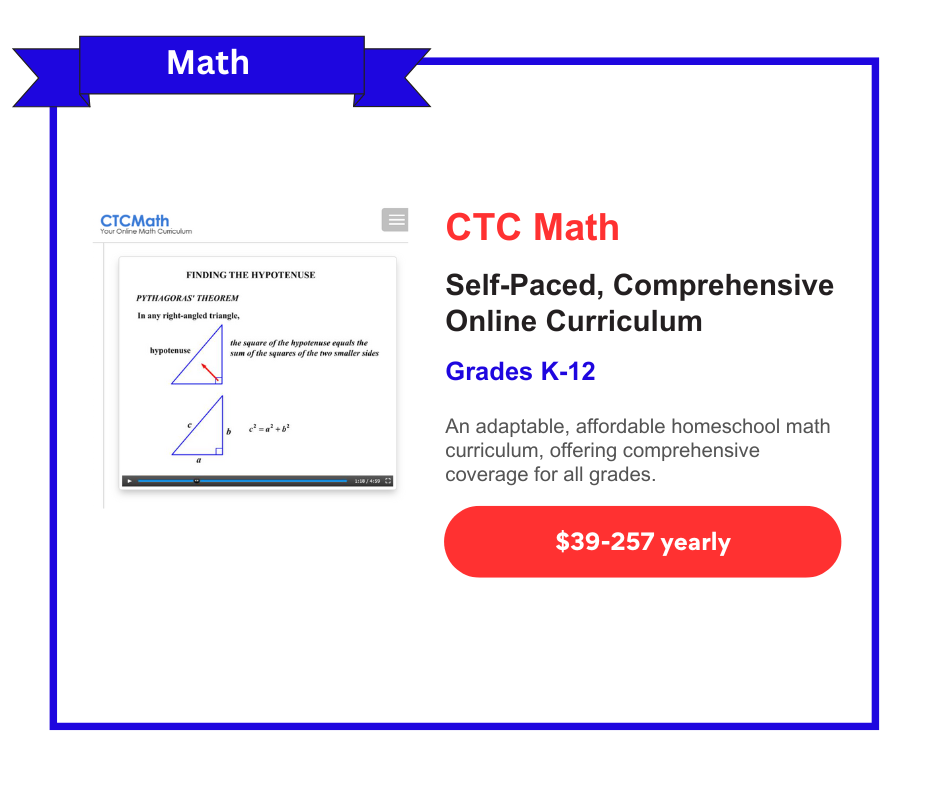
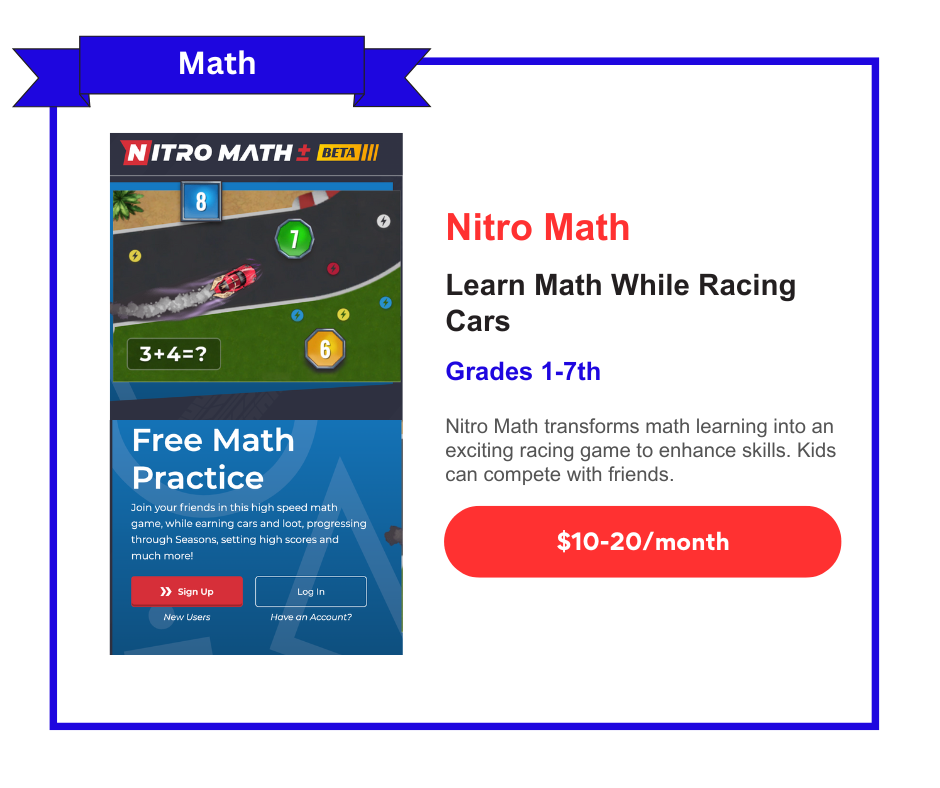
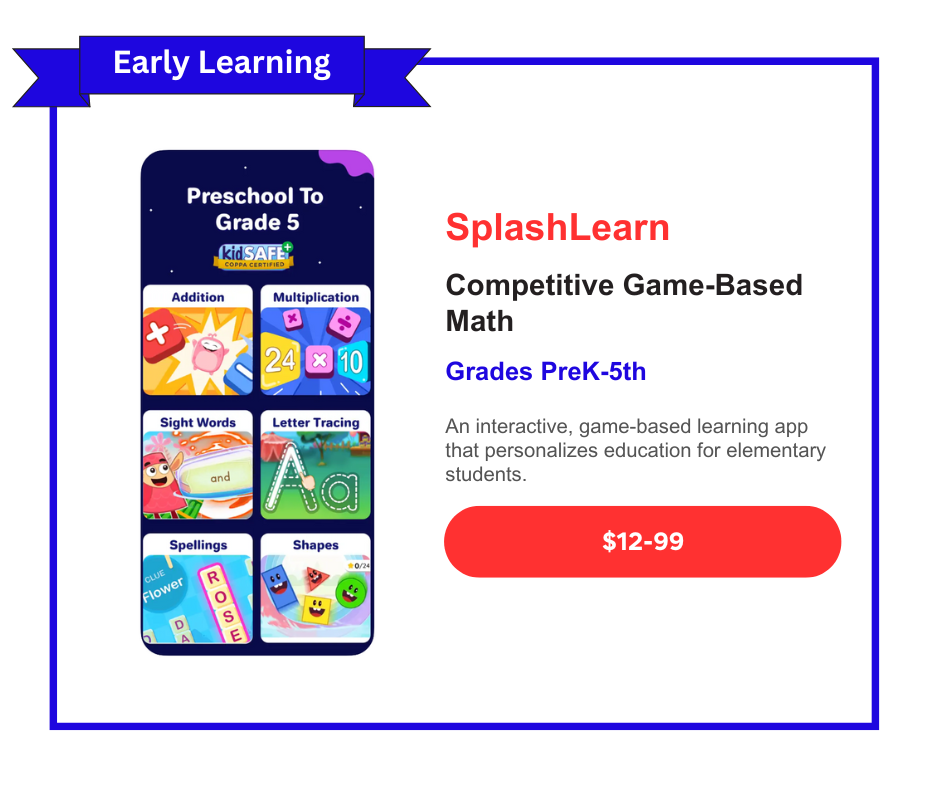
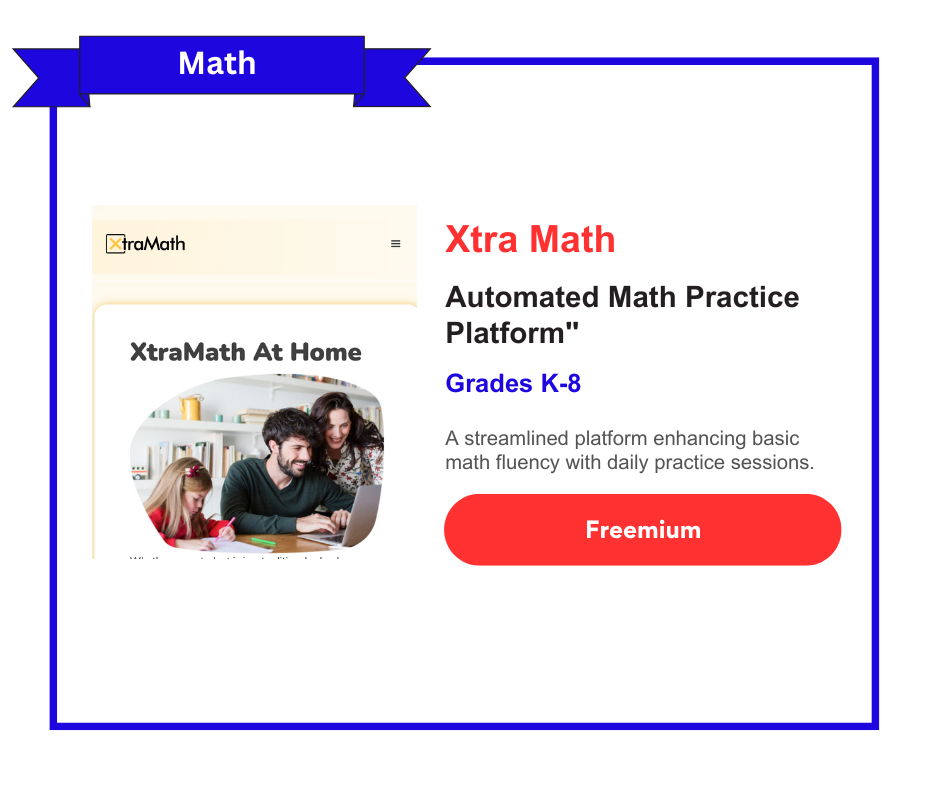
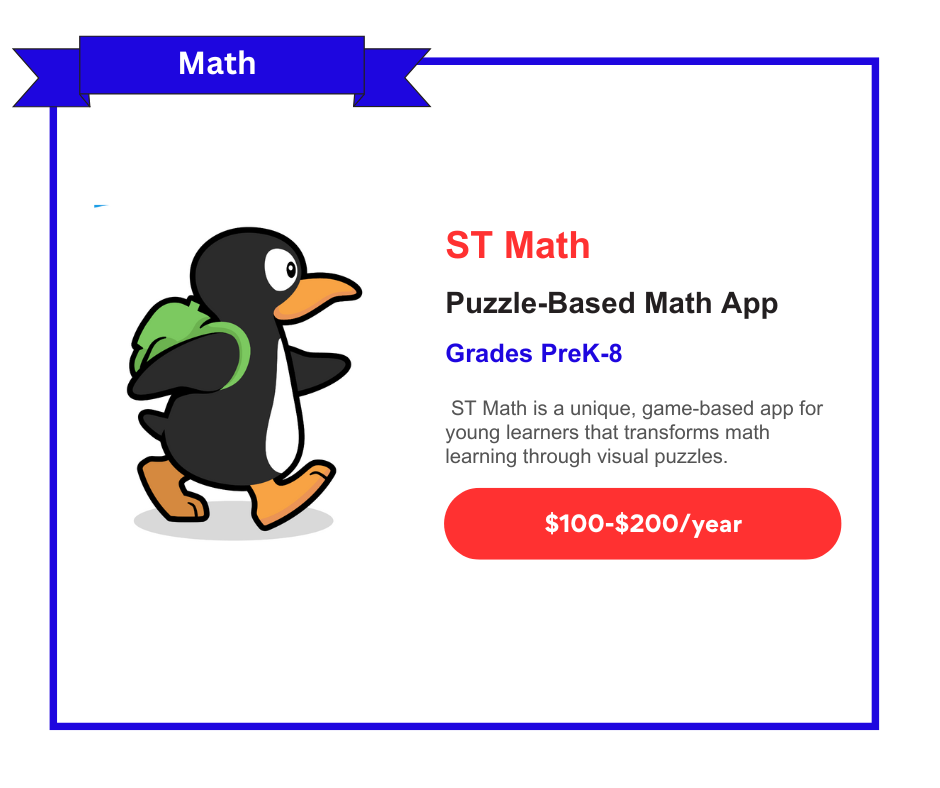
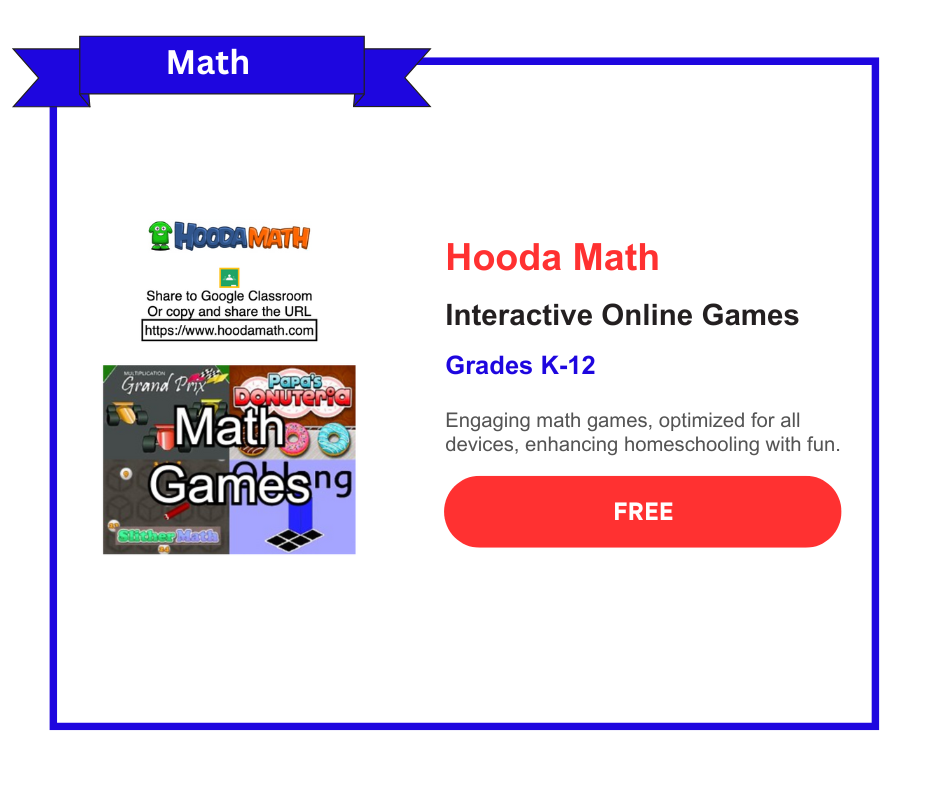
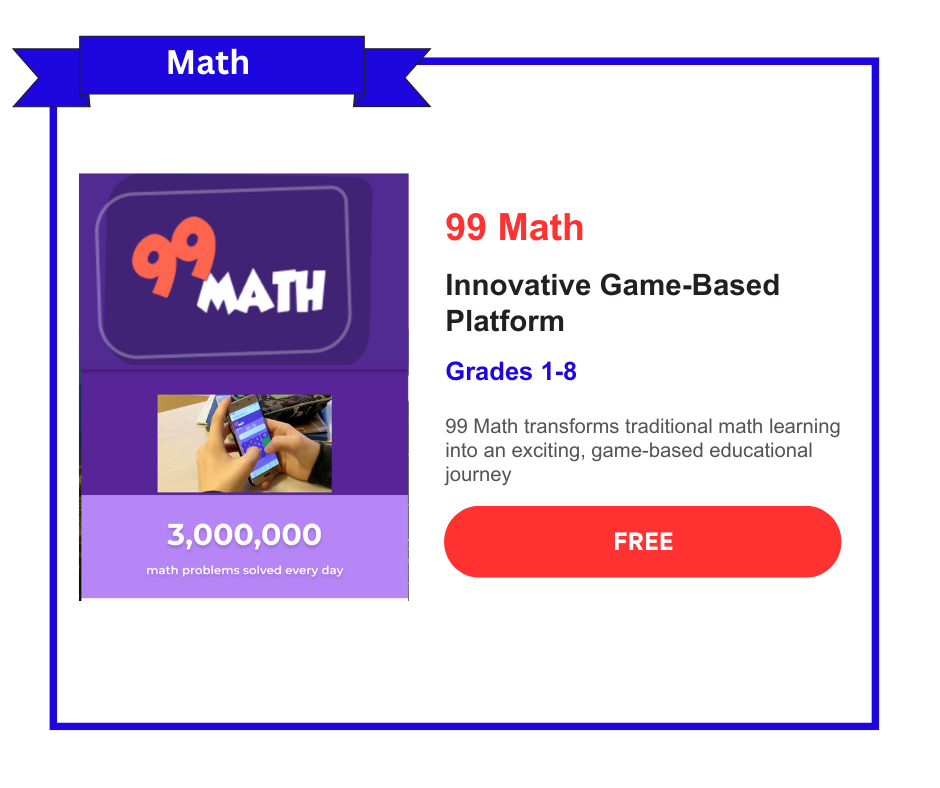
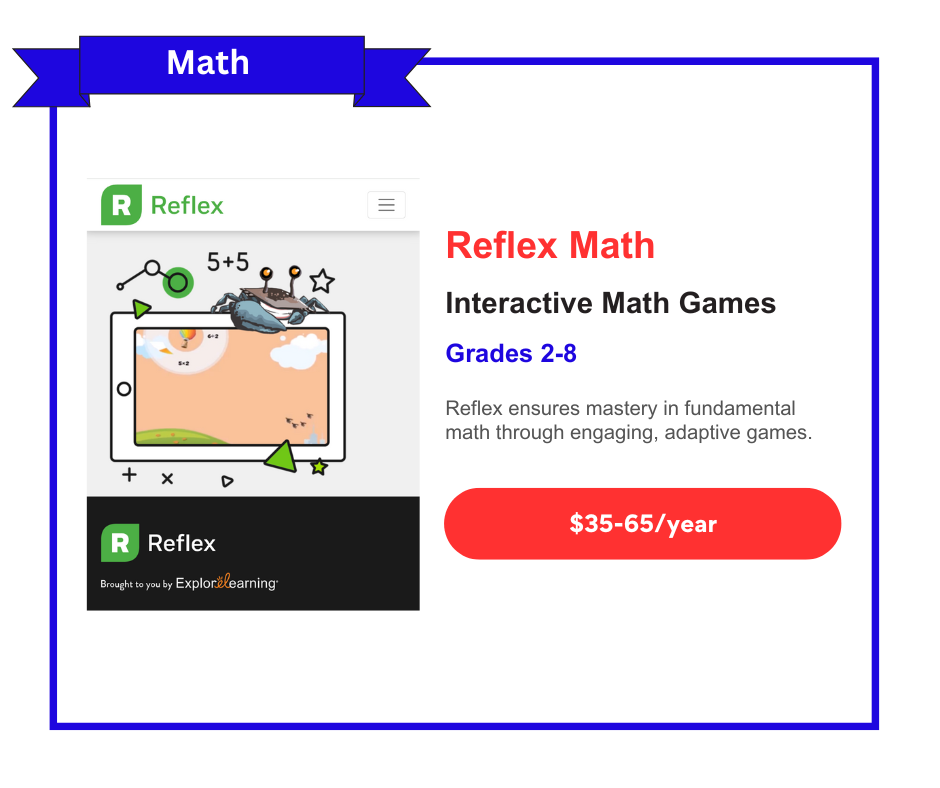

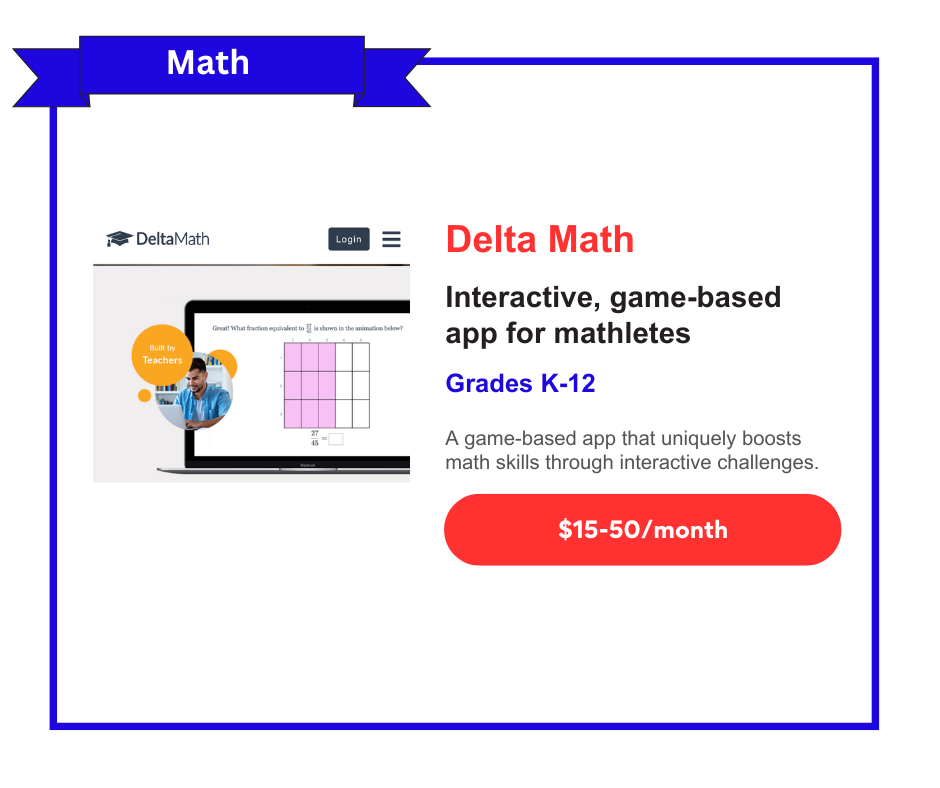
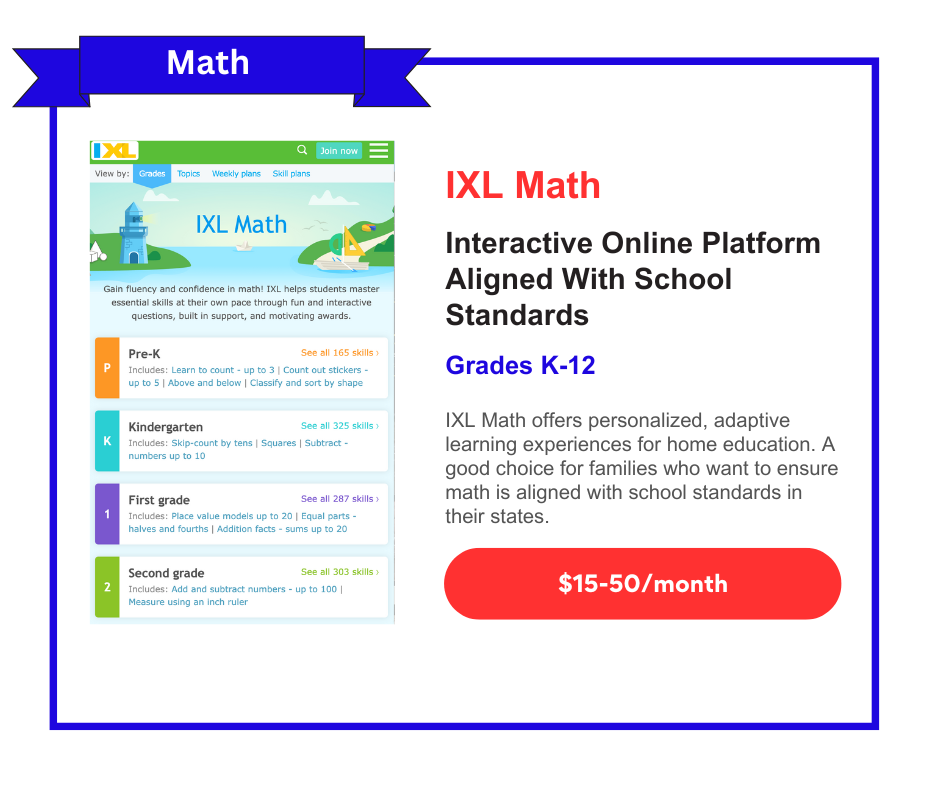
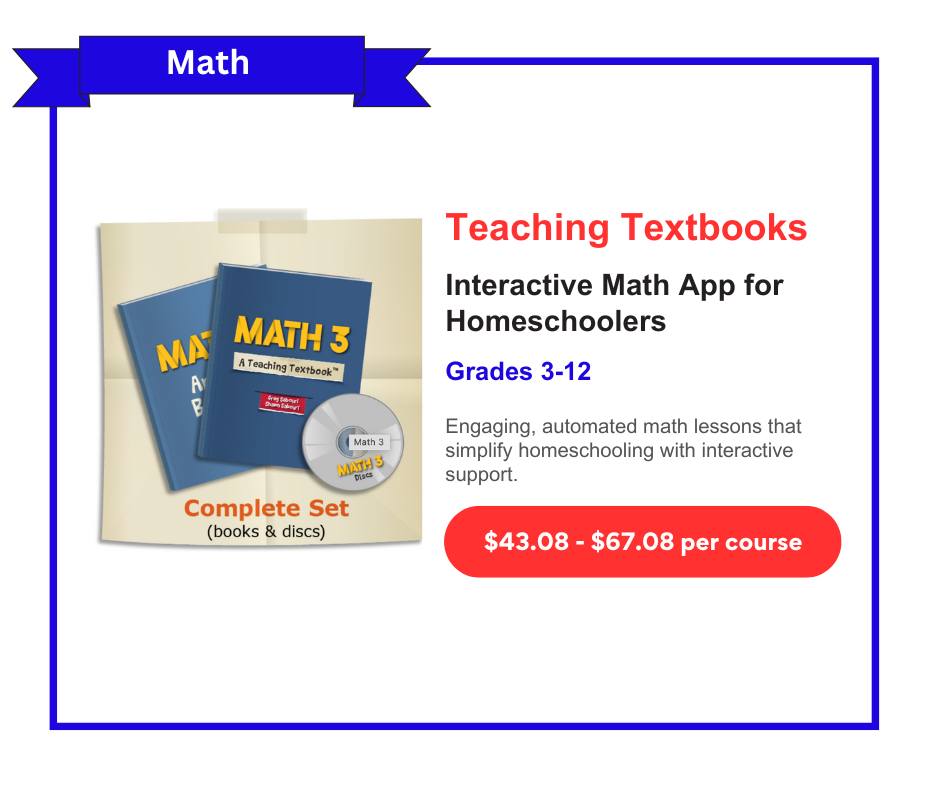
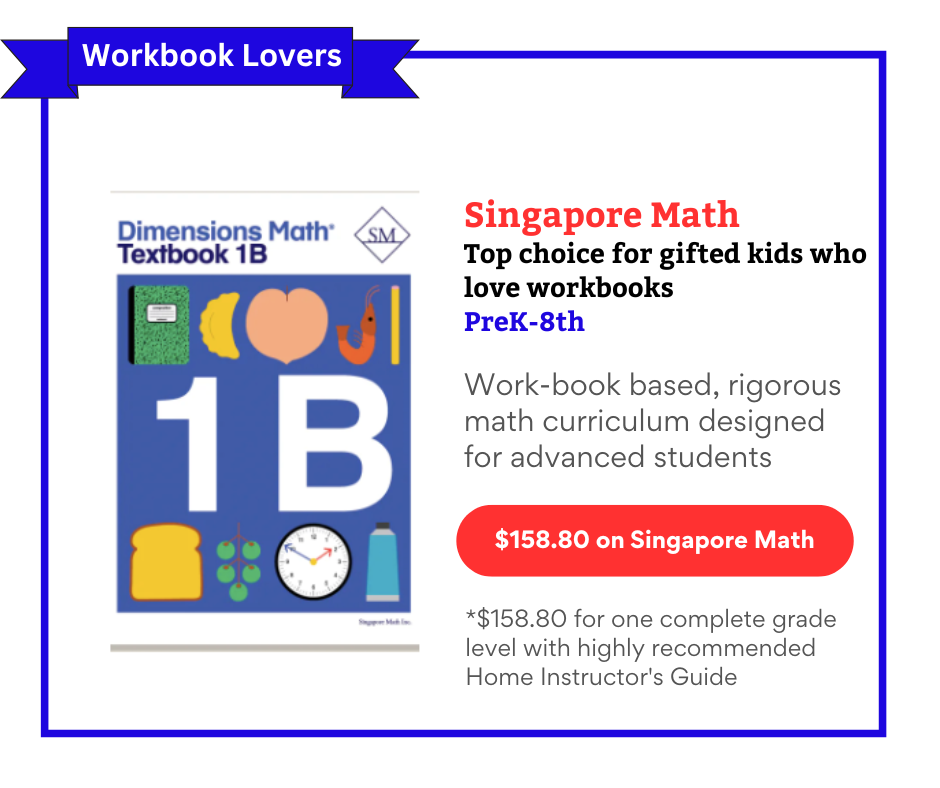
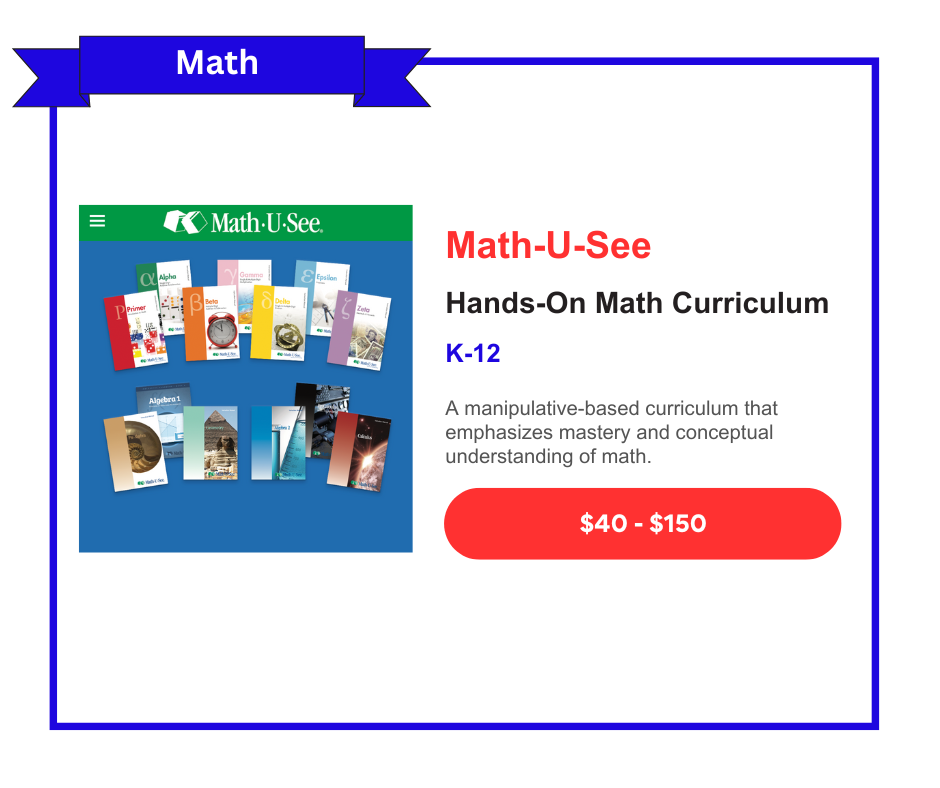

Explore real parents' experiences with Prodigy the Game as a learning tool for their children. Discover the pros, cons, and key tips for utilizing this engaging, game-based math platform effectively. Learn who it's best suited for and how to maximize its educational benefits.